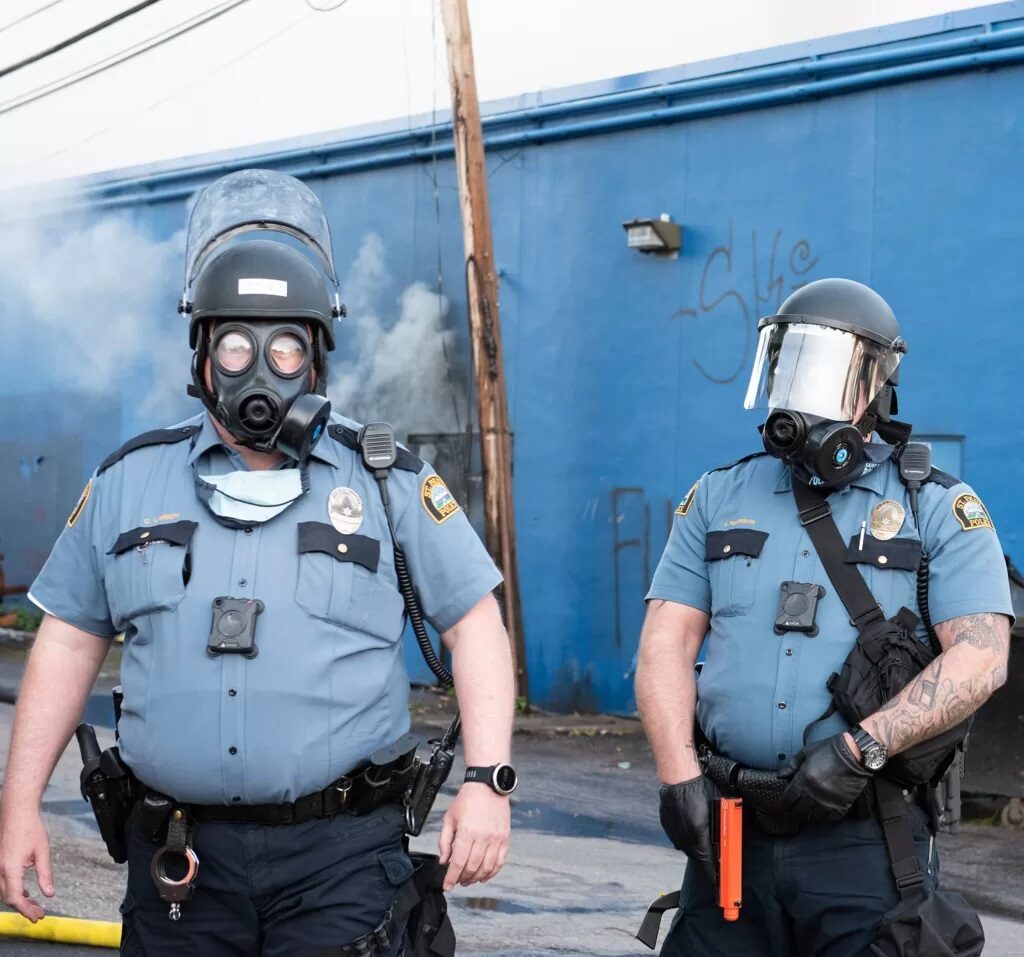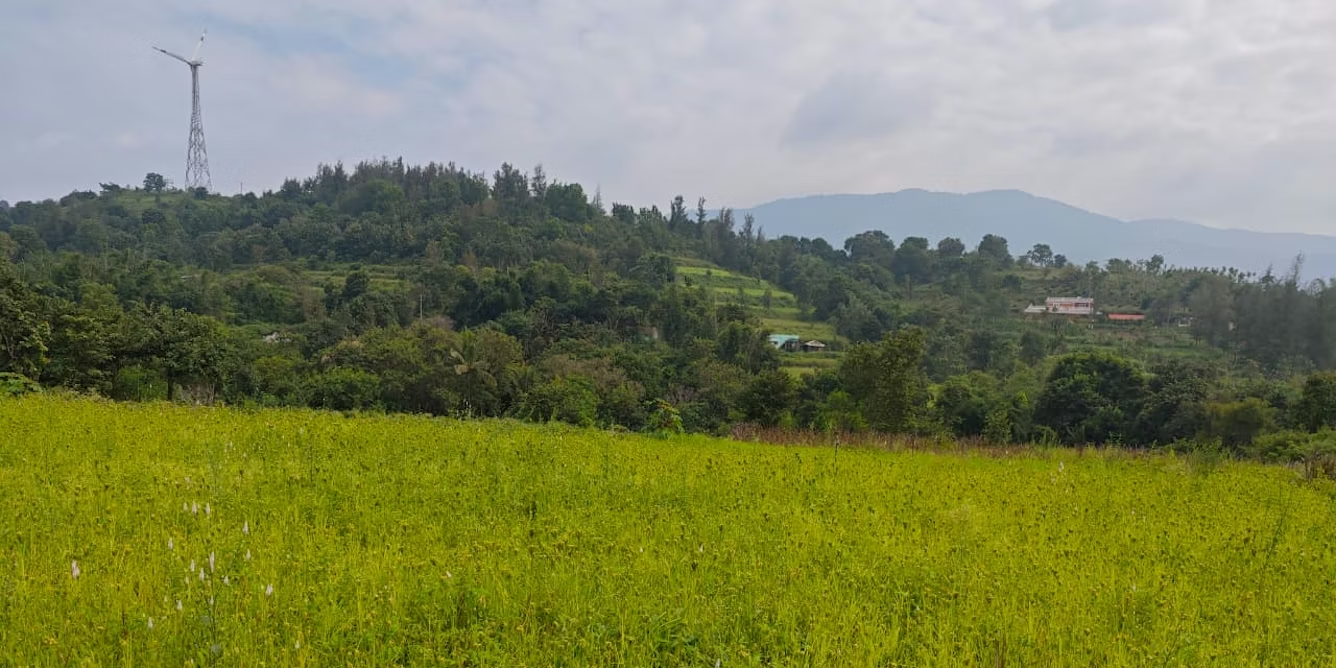Early Warning System To Keep Police Honest

The nature of policing means it is bound to attract a large number of complaints. Officers are also vulnerable to misconduct and corruption, by the nature of their occupation
From the killing of George Floyd in the United States to a serial rapist in the ranks in the United Kingdom and endemic misogyny, sexism and racism in Australia, police misbehaviour has come under increasing scrutiny in recent years.
The nature of policing means it is bound to attract a large number of complaints. Officers are also vulnerable to misconduct and corruption, by the nature of their occupation.
Increased police powers during the global pandemic and post-COVID recruitment drives have also resulted in closer scrutiny and more criticism of police behaviour.
The US has grappled with cases of police abuse of force for decades.
In the UK, public confidence in police in England and Wales has fallen, particularly in the wake of gross misconduct and criminal behaviour by officers, including murder, rape, bullying, misogyny, aggressive behaviour and failures to properly investigate alleged crimes.
In Queensland, Australia, recent inquiries have identified widespread police failings and criticisms of the police complaints system, particularly regarding the need for increased independence in investigations of complaints.
The public expects complaints to be listened to seriously and investigated impartially. For this to occur, most complainants agree an external agency is needed.
Police departments also need to take responsibility for selecting, training and disciplining their officers. But time and again across jurisdictions, these ‘minimal’ integrity strategies are shown to be inadequate.
Better methods of maintaining the integrity of police, including more advanced oversight, are often needed.
‘Advanced’ strategies are so called because they may be inventive, sometimes controversial, techniques. They are strategies that go beyond simply reacting to problems, instead seeking to predict or pre-empt problems by stopping them from occurring in the first place or from getting worse.
There are things police departments can do. They can collect and monitor information from a range of sources (complaints, employee surveys, public surveys, statistics of police activity including use of force) to understand and assess possible problems over time. This can be useful to understand the impact of any efforts to improve policing by seeing ‘what works’.
Police departments can run drug and alcohol testing programs for officers to prevent impaired performance and associated corruption risks. Evidence from NSW Police showed that randomly testing officers deterred them from using alcohol/drugs on duty, with very few positive tests returned.
Overt surveillance can also have a ‘civilising effect’ and deter poor behaviour. Cameras have been standard practice for some time in police cells, interview rooms and police vehicles. The use of body worn cameras is becoming more widespread with positive impacts on police and citizen behaviour. For example, body cameras reduce complaints against police in the US by up to 93 percent.
Early intervention systems can target problems before they escalate, so officers can be ‘set on the right path’ through training or counselling. They are typically computerised and systematically identify ‘problem’ officers based on indicators such as the number of complaints, use of force, accidents or sick leave. Once identified, responses can vary depending on the seriousness of the issue and could involve discipline or even criminal charges.
Early intervention systems in the US, Australia and New Zealand have been promising, substantially reducing the number of complaints against profiled officers. Their success relies on identifying the best indicators for flagging problems and the best ‘fix’.
One of the most pervasive and enduring strategies for improving police accountability has been the introduction of external bodies to provide independent scrutiny, or oversight, over complaint processes and integrity issues.
Not all oversight agencies have equal powers.
Some cast an independent eye over a police investigation into a complaint. These ’review’ agencies have limited powers and limited public support.
A more advanced model has been termed the ‘Civilian-Control’ model, where agencies independently investigate matters, including complaints against police. Some of these bodies have immense powers for evidence-gathering if the matter is serious enough.
They also have input into disciplinary outcomes and can refer criminal matters to public prosecutors, as well as engage in research and prevention activities.
The leading example is the Police Ombudsman for Northern Ireland, which has received greater satisfaction than other agencies operating under less independent oversight models. The Ombudsman worked in collaboration with the Police Service of Northern Ireland so well that allegations against police were reduced by 40 percent between 2009-2010 and 2019-2020.
External investigations are viewed as fairer and more thorough by increasing public trust, as police are often accused of bias when investigating their officers. More thorough investigations also mean corruption or misconduct is more likely to be uncovered and dealt with. Officers may then be less likely to break rules if they think they will be discovered.
Research has also shown police departments more frequently implement recommendations made by oversight agencies which actively monitor and investigate police, compared to oversight agencies that only have review powers.
There may be challenges in jurisdictions adopting advanced integrity strategies, including resourcing, legislative changes and challenges to police autonomy. Strategies also need to be tailored to the types and scale of problems in a department.
Ultimately, adopting a proactive approach to identifying and rectifying misconduct issues should provide wins for officers, police leadership and the public — reducing complaints, improving public trust and aiding officer performance.
(Originally published under Creative Commons by 360info™. Read the original article here)





